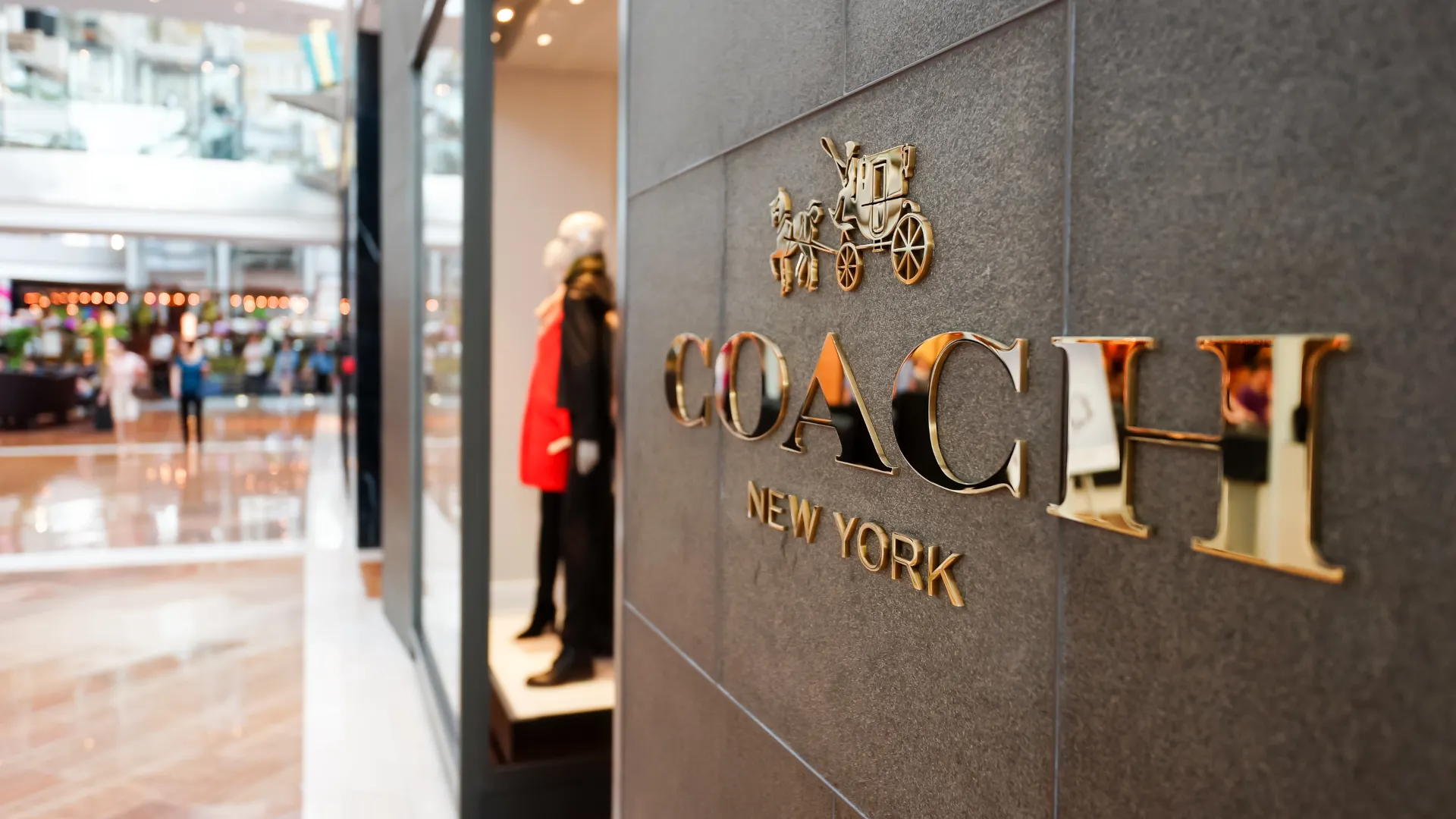Tapestry, the New York-based fashion conglomerate that owns Coach and Kate Spade, among other brands, announced Thursday that it has agreed to acquire Capri Holdings—the parent company of Versace, Jimmy Choo, and Michael Kors—for roughly $8.5 billion.
While the deal is only the latest merger of top brands to impact the steadily consolidating luxury fashion industry, it marks perhaps the most sizable effort an American firm has made yet to take on the dominance of mega-powerful European fashion conglomerates like LVMH (which owns 75 brands, including Louis Vuitton, Dior, and Tiffany) and Kering (over 18 brands, including Gucci, Balenciaga, and Yves St. Laurent).
Whether Thursday’s news signifies the creation of an American luxury entity capable of taking on the European titans remains to be seen. But the development will almost certainly have implications for a growing continental divide between how major luxury brands are choosing to engage with—and depend on—emerging technologies like the blockchain.
After NFTs came into vogue in 2021, luxury brands across the board dipped their toes into the sector, whipping up one-off NFT drops and metaverse pop-ups. But when the crypto market tanked the following year and public perception of the industry soured, luxury brands appeared to split into two principal camps.
Some brands doubled down on blockchain efforts and began meaningfully integrating them into product lines, convinced of the technology’s staying power. Others moved to silo tech projects to increasingly sporadic activations removed from their brands’ core identities.
The former, enthusiastic camp happens to be overwhelmingly represented by European-owned brands; the cautious one, by American companies.
This year, for example, Gucci launched multiple limited-edition jewelry lines in partnership with Otherside, the metaverse gaming ecosystem from the creators of the Bored Ape Yacht Club, following the lead of Tiffany’s unofficial integration last summer with dominant NFT collection CryptoPunks.
Louis Vuitton launched an ultra-rare line of custom trunks tied to $41,000 NFTs, and Dior premiered a line of designer sneakers fitted with NFC chips that came with on-chain digital twins. Across the pond, meanwhile, American brands like Coach, Kate Spade, and Michael Kors have elected only to occasionally make pop-up appearances at relatively low-impact events like Metaverse Fashion Week, keeping their product lines insulated from Web3 experiments.
The reasons for such a disparity are likely numerous. For one, the political and regulatory climate for crypto-affiliated products in Europe is both far more clear, and far more welcoming, than it currently is in the United States.
Further, in the age of hyper-conglomerated luxury firms, it only takes the conversion of a few key leaders to change the trajectories of dozens of leading brands. Bernard Arnault, CEO of LVMH, appears to have been brought aboard the block-train by two of his ardently pro-crypto sons, Frédéric and Alexandre.
Kering CEO François-Henri Pinault, meanwhile, has repeatedly hailed emerging technologies like the blockchain and the metaverse as history-altering game-changers.
As the American luxury space further consolidates—and the victor of Thursday’s merger, Tapestry, moves to take on its European rivals in an increasingly zero-sum game—dependence on emerging technologies is poised to become a major point of distinction between the shrinking number of players determining the trajectory of the luxury industry.
Tapestry may elect to follow the example of LVMH and Kering, and more meaningfully bring technology front and center to its brand identities. It may also choose not to, however, further exacerbating the growing gulf in ethos between American and European luxury brands.
Either way, the conglomerate now faces a fork in the road; the path it chooses will likely impact the trajectory of American luxury for decades to come.

